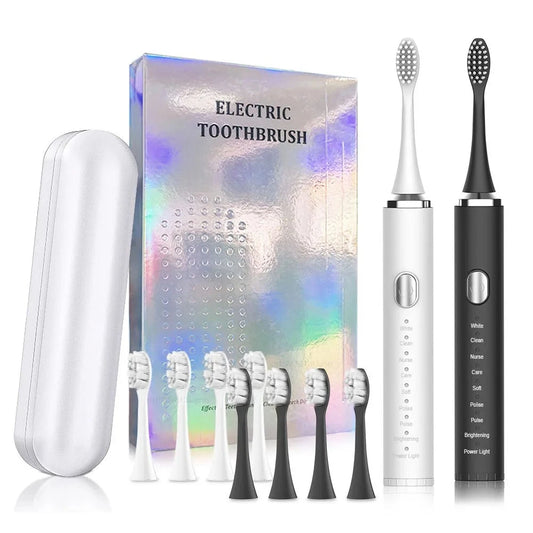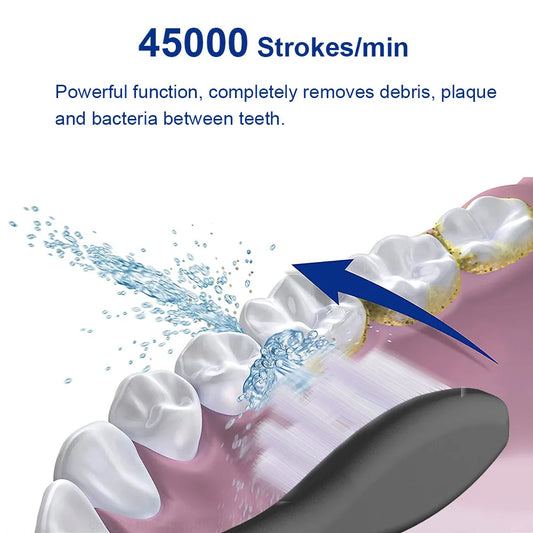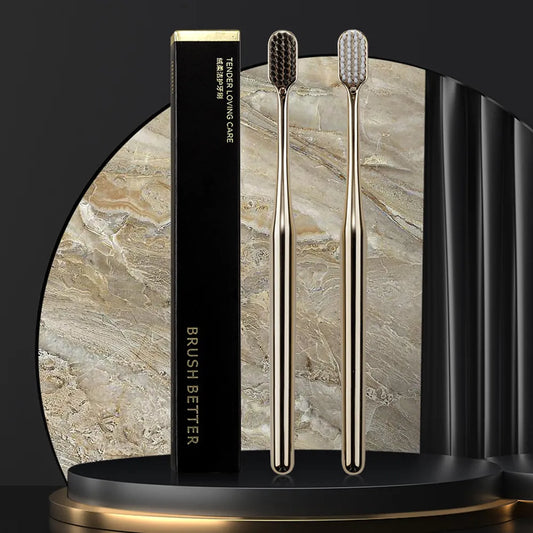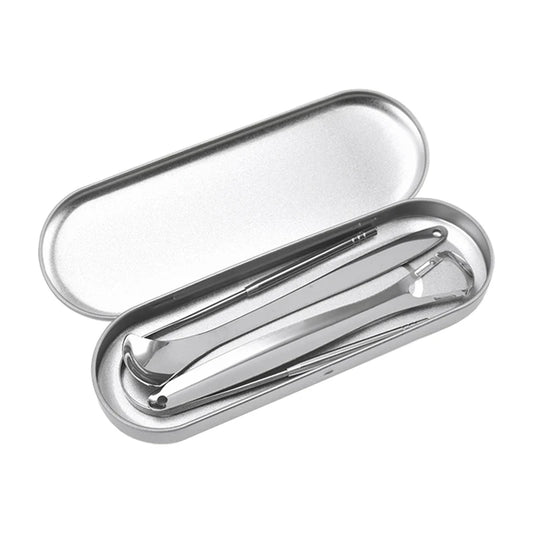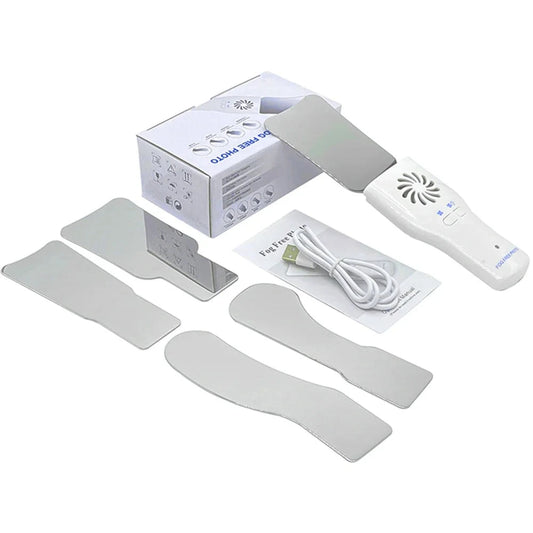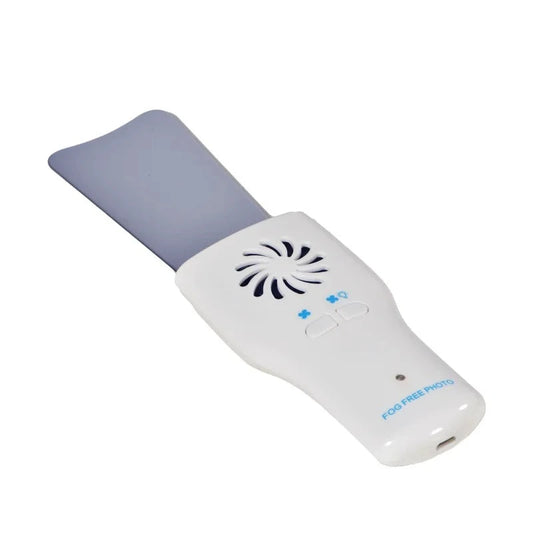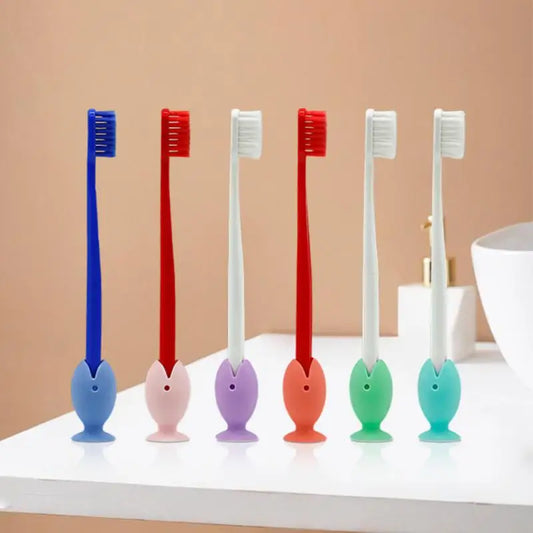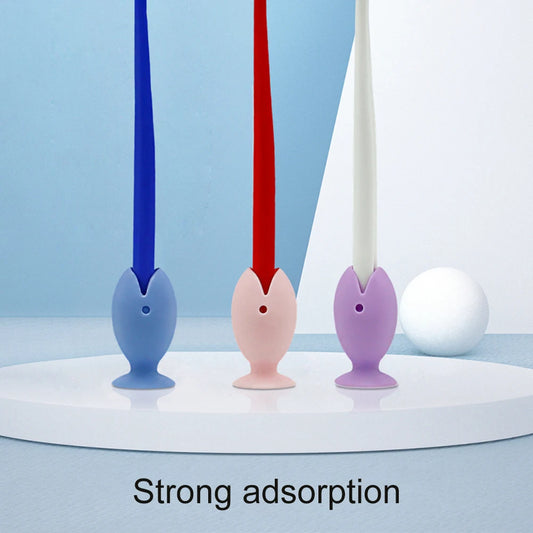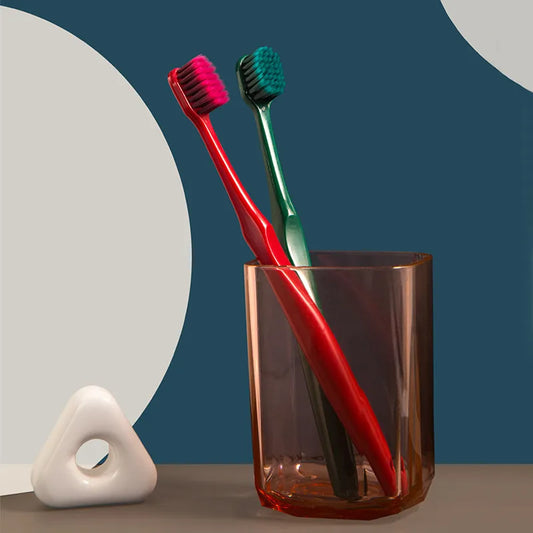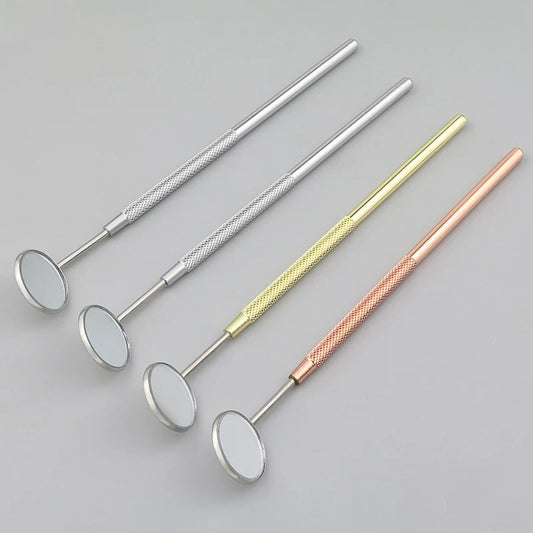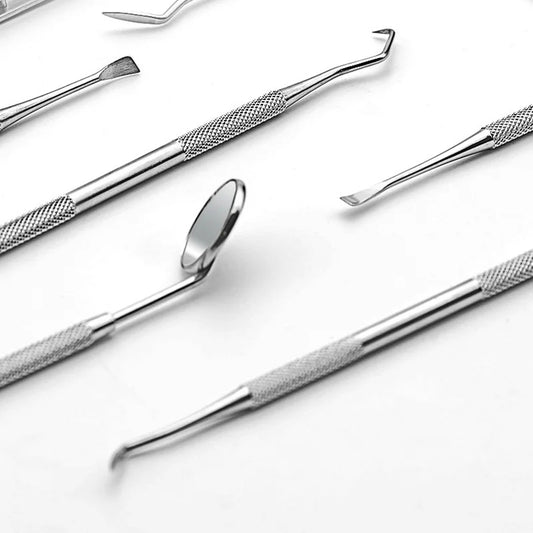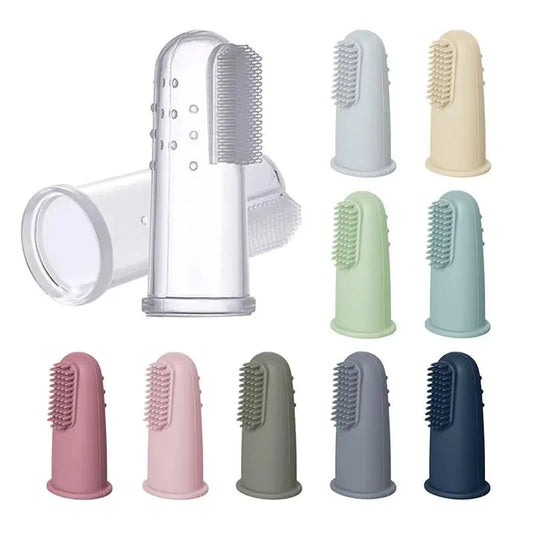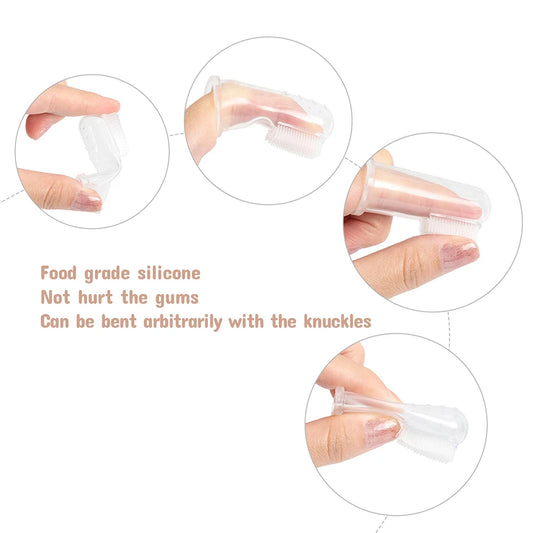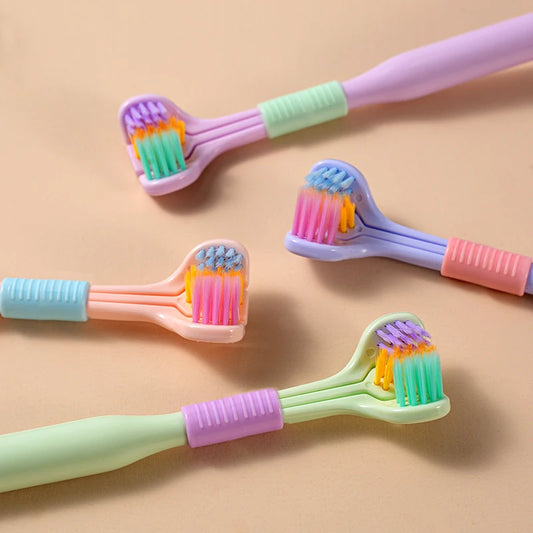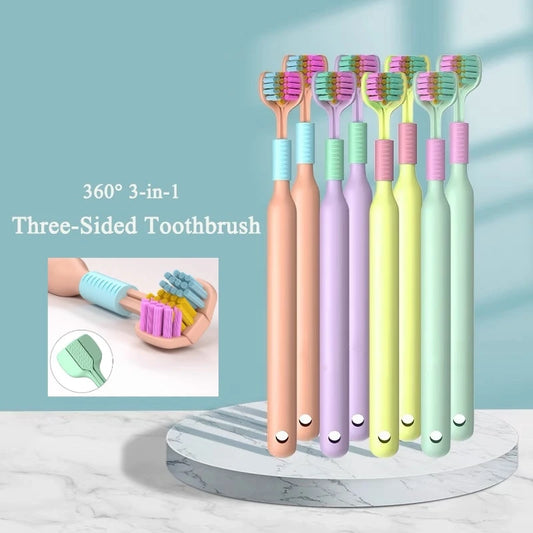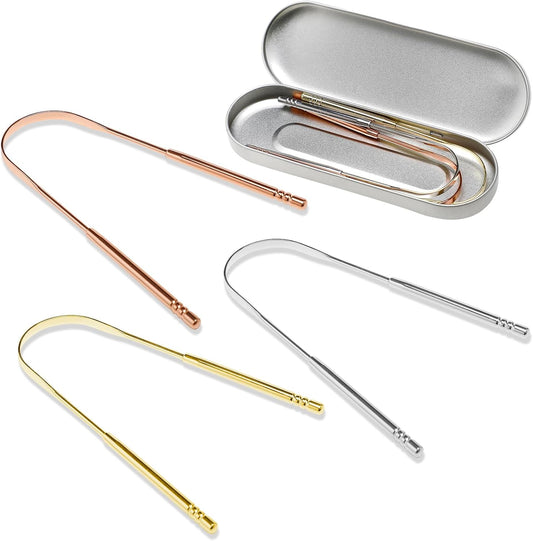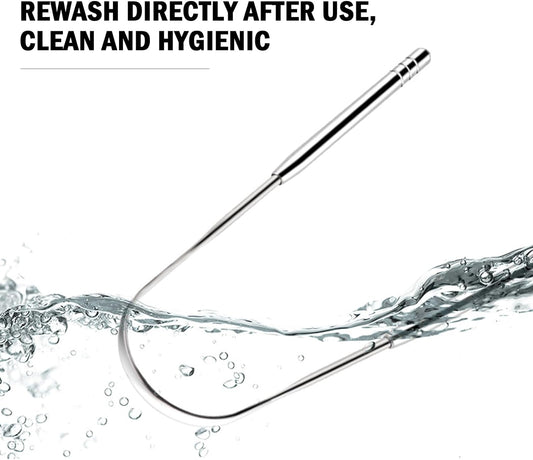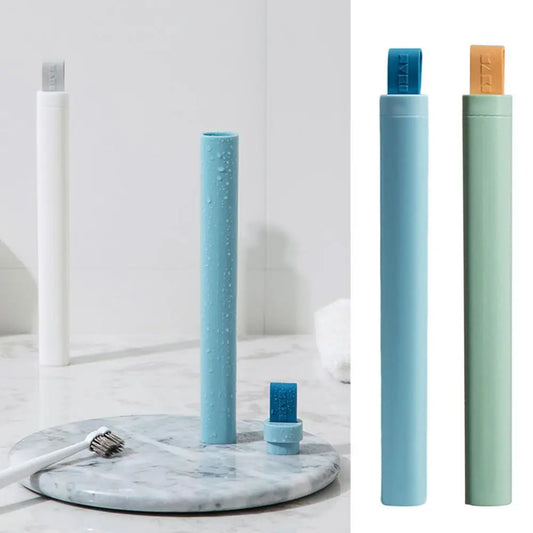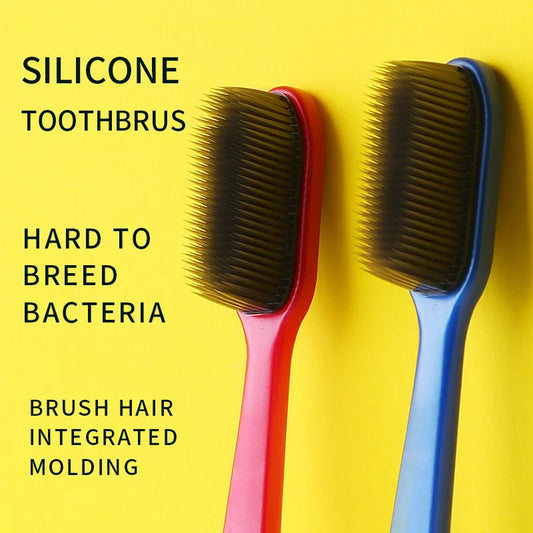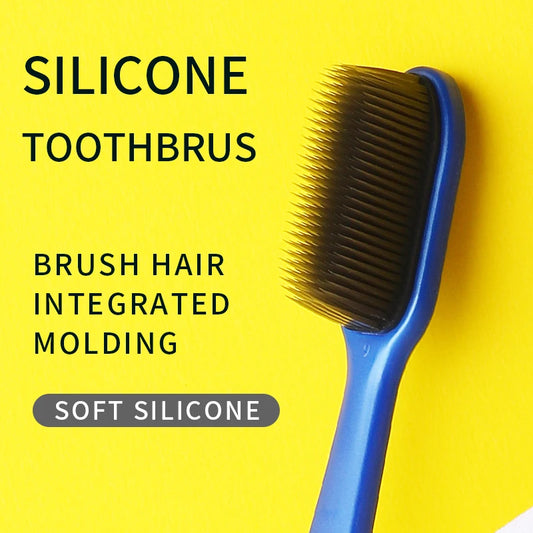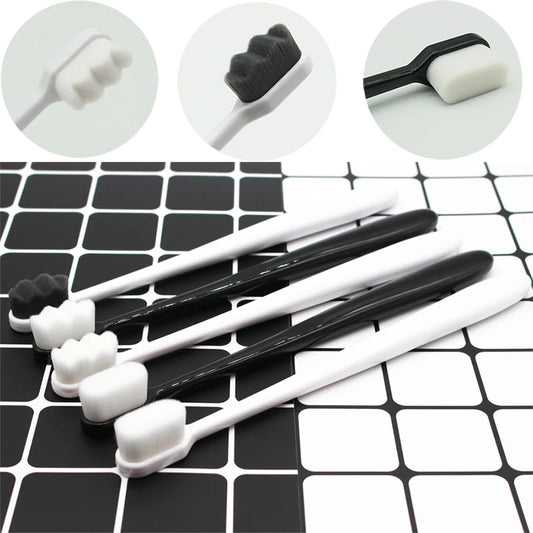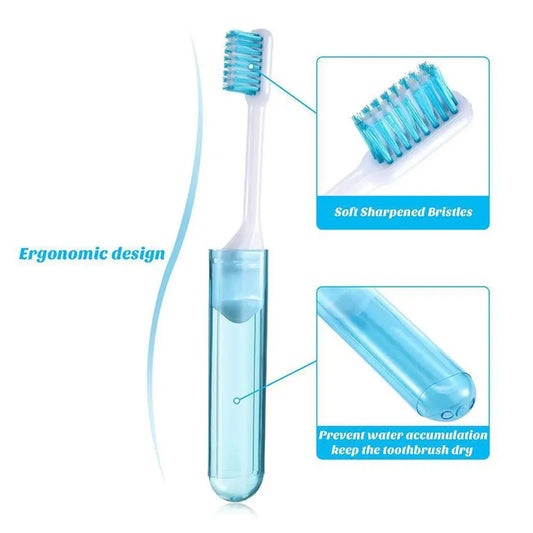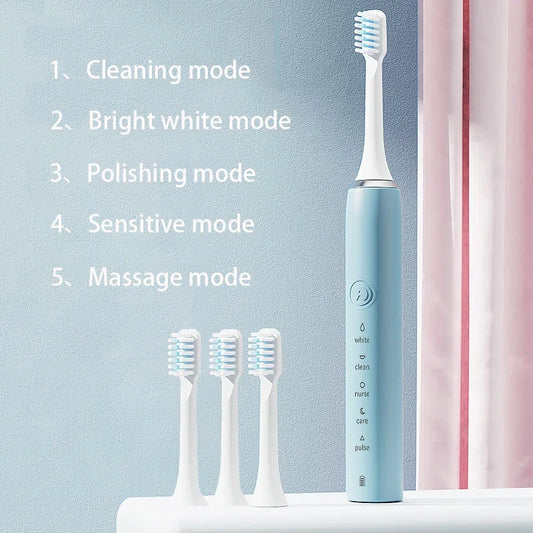Tooth sensitivity is a common dental issue that causes discomfort or sharp pain when teeth are exposed to hot, cold, sweet, or acidic foods and drinks. Understanding the causes and knowing how to treat and prevent sensitivity can help you protect your oral health and enjoy your favorite meals without discomfort.
What Causes Tooth Sensitivity?
Tooth sensitivity occurs when the protective enamel on your teeth wears down or when gums recede, exposing the softer layer beneath called dentin. This layer contains tiny tubules that connect to the nerves inside your teeth, making them more responsive to external triggers.
- Enamel erosion: Caused by acidic foods, drinks, or teeth grinding.
- Gum recession: Often due to gum disease or aggressive brushing.
- Tooth decay: Cavities and worn fillings can expose sensitive areas.
- Dental procedures: Whitening treatments or restorations may cause temporary sensitivity.
- Cracked teeth: Allow bacteria to reach the pulp, causing pain and sensitivity.
Effective Treatments for Sensitive Teeth
If you experience tooth sensitivity, the good news is that several dentist-approved remedies can help reduce discomfort:
- Desensitizing toothpaste: Special formulas block pain signals to nerves over time.
- Fluoride treatments: Strengthen enamel and reduce sensitivity.
- Dental bonding: Covers exposed root surfaces with a protective resin.
- Root canal: For severe cases when sensitivity is caused by nerve damage.
- Mouthguards: Protect teeth from grinding or clenching at night.
Prevention Tips for Long-Term Relief
Preventing tooth sensitivity often comes down to daily habits and a consistent oral care routine:
- Brush gently with a soft-bristled toothbrush.
- Use fluoride toothpaste to strengthen enamel.
- Limit acidic foods and beverages like sodas, citrus fruits, and wine.
- Avoid brushing immediately after consuming acidic drinks.
- Visit your dentist regularly for checkups and cleanings.
When to See a Dentist
Occasional sensitivity is normal, but if pain persists or worsens, it may indicate a more serious dental problem. Schedule a dental appointment to identify the cause and get professional treatment tailored to your needs.
Conclusion
Tooth sensitivity can be frustrating, but it’s manageable with the right care and lifestyle changes. By using desensitizing products, improving oral hygiene, and making mindful dietary choices, you can protect your enamel and keep your smile comfortable and healthy.


